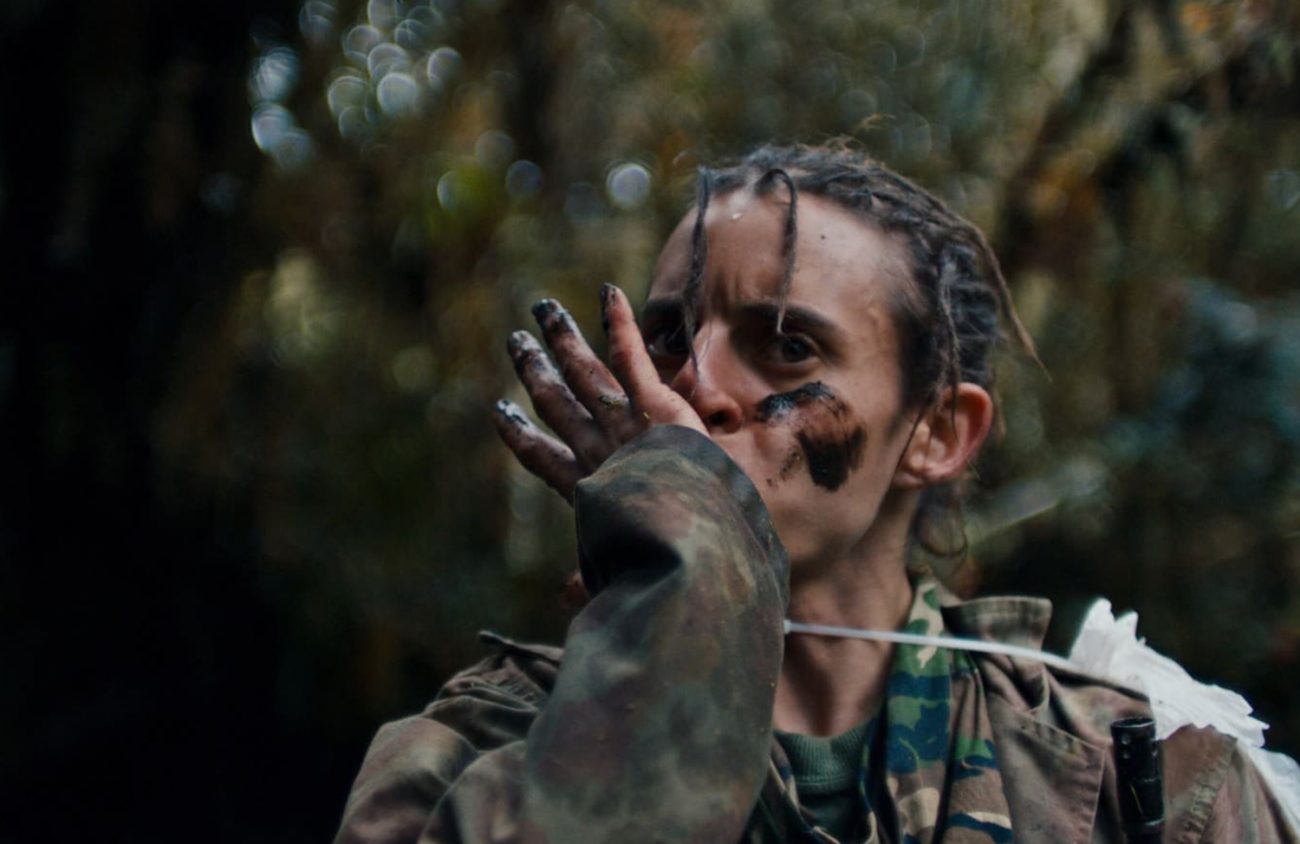All art is global and universal, but cinema — with its full dimensions of sound, image, language, worlds within worlds — is particularly so. The really wonderful, and wonderfully destabilizing, thing about movies is their fluidity in crossing real and imagined borders, where viewers “at home” can expose themselves to “foreign” films — foreign being the operative word, in the sense of unfamiliar, disorienting, enlightening.
Importantly, international cinema not only introduces us to the content of different cultures, but it submerges us in the means by which those cultures transmit themselves — their traditional and intrinsic ways of telling stories. When you watch a film by, say, Pedro Almodóvar or Sergei Eisenstein or Ingmar Bergman, you realize that it is not just the subject and setting that is distinct, but the whole way the narrative flows.
The narrow, expectation-flattering formulas of Hollywood — with their neat, tripartite packaging of stories into that familiar, often stale “arc” — are often shattered in the face of films from the seemingly faraway. This is a good thing. Our stories, and how we tell them, get old.
Such were some of my thoughts while watching Monos, a strange and haunting Colombian movie directed and co-written by Alejandro Landes, and co-produced by a smorgasbord of studios as far flung as Germany, Argentina, Sweden, Switzerland and the U.S. Nominally a war film, Monos tells the story of a ragtag unit of child guerrilla soldiers commissioned to guard a prisoner known only as Doctora (Julianne Nicholson) as they await further instructions from the diminutive Messenger (Wilson Salazar), a hard-ass who pops in now and again to drill them in the rigors of military discipline.
From the hypnotic opening scenes, in which the troop plays and trains in solitude in the apocalyptic Colombian highlands, the film declares its darkly poetic vision, at once bleak, brutal and beautiful. Though there are indications of modernity, the time frame is indistinct, and the meandering pace of the first half conjures a sense of surreal unease befitting the movies of Andrei Tarkovsky or Terrence Malick.
Nothing happens and everything happens in Monos: Messenger gives the eight-person unit a cow, which is accidentally shot by Dog (Paul Cubides), precipitating suicide by the troop leader Wolf (Julian Giraldo), after which they are attacked by an unnamed enemy, forcing them to relocate with their prisoner to the jungle, where Bigfoot (Moises Arias) declares the unit independent of central command. A series of escapes, betrayals, murders and reversals follow, each one driving the kids deeper into bloody madness.
Beneath the scattershot this-then-that plotting, however, pulses the real heart of the movie, and a broken heart it is. Monos has the feeling of being dropped with no map into the middle of a world in collapse, and the confusion on screen telegraphs a kind of psychic and social fracture, a nightmare in which pubescent youth — with all their blossoming sexuality and uncertain identity — are given machine guns to fight in a nebulous geopolitical conflict that is ripping their reality to shreds.
The result is a harrowing descent into a conflict that is no less consuming for being completely unidentified — an apolitical eulogy to the political corrosion of world tilting off its axis. Lurking in the shadows of this film is the specter of imperialism, colonialism, Colombian drug trafficking, Indigenous resettlement, the burning of the Amazonian rainforest, all of it literally embodied in clutch of kid soldiers forced to make sense of a suffocating senselessness. It’s like Lord of the Flies unleashed inside Heart of Darkness.
And then it all comes to an abrupt and jarring end, like a thing stillborn. Some characters are dead, but story of those that survive remains unraveled on a tangle of narrative threads that dangle unresolved over the abyss that’s been opened up. In a way, all of Monos feels like a prelude, not to a sequel but to the posing of an overwhelming question of insidious intent: What now? What just happened? What is happening?
Sometimes the story is that the story is falling apart. The aftermath of this movie feels like an emotional gut-punch in reverse: As you watch the final scene of a single kid rescued (or captured) by a helicopter full of military personnel, his fate uncertain, his lone face full of fear, you realize how the hurly-burly of war obscures and erodes the real human toll that is its real purpose. (Broadway Metro) ν
